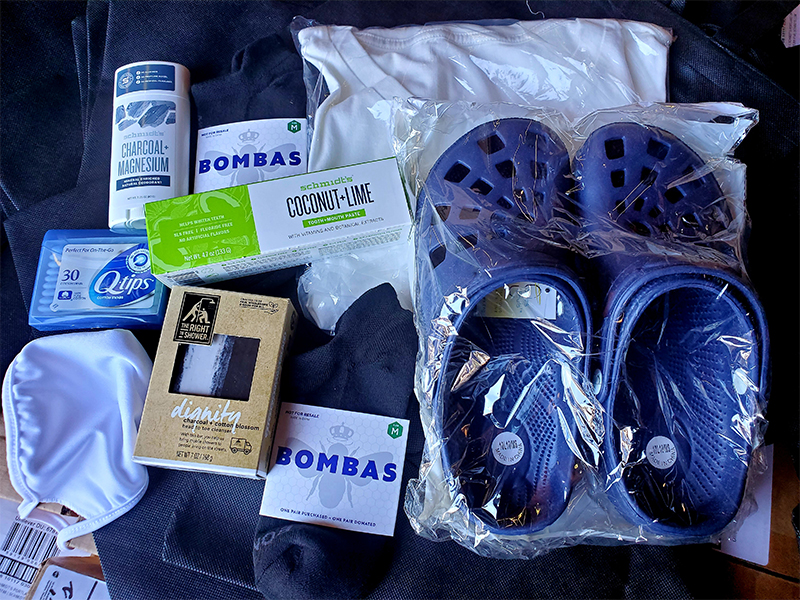Today is DAF Day! Celebrate generosity by using your Donor-Advised Fund to make an even bigger impact with Soles4Souls
- Who We Are ▼
- Our Work ▼
- Get Involved ▼
- Who We Are ▼
- Our Work ▼
- Get Involved ▼
- Our Work ▼
- Our Work ▼
Today is DAF Day! Celebrate generosity by using your Donor-Advised Fund to make an even bigger impact with Soles4Souls
Thirty years ago, the idea to preserve a single resident occupancy (SRO) building in Los Angeles, sparked a mission. Years later, that mission grew into 25 more buildings with 1,787 units — all for the purpose of housing a very specific demographic– those who have faced chronic homelessness. Across Los Angeles County, 60,000 people are homeless, and Skid Row Housing Trust is one organization trying to solve that problem by offering permanent supportive housing. In addition to housing, the Trust offers mental, medical and dentistry services, along with classes to offer job support.
In early March, Skid Row was faced with a tough dilemma — with a global pandemic, how could they ensure the safety of their employees and residents? So, after going into crisis management mode early on, they transitioned the majority of their workforce, including caseworkers, to work remotely. But as health concerns grew, many of the residents living in SRO buildings became wary of safety within common shared areas, including kitchens and bathrooms.
The Trust had to get creative with ensuring safety for its 888 residents living in SROs. One resident, Kayo Anderson, suggested to the team that shower shoes would alleviate a lot of stress. Nevertheless, the needs of residents pushed the Trust to do things they weren’t doing months ago —getting donations to create hygiene kits.

When the Trust reached out to Soles4Souls, our warehouse team in Alabama quickly jumped at preparing shoes to be sent. Only a week later, more than 1,000 pairs of Crocs were sent and distributed to residents.
“Thank you so much for these shoes. They are so necessary, and so rare to come by these days. We really appreciate them because we have to go into the showers every morning and protect ourselves. These will go a long way and help us stay safe,” said Kayo.
Those experiencing homelessness only make up a small segment of the people who’ve been devastated by the pandemic, however, with organizations and volunteers partnering together, positive steps have been taken to take care of the ones who’ve been impacted.